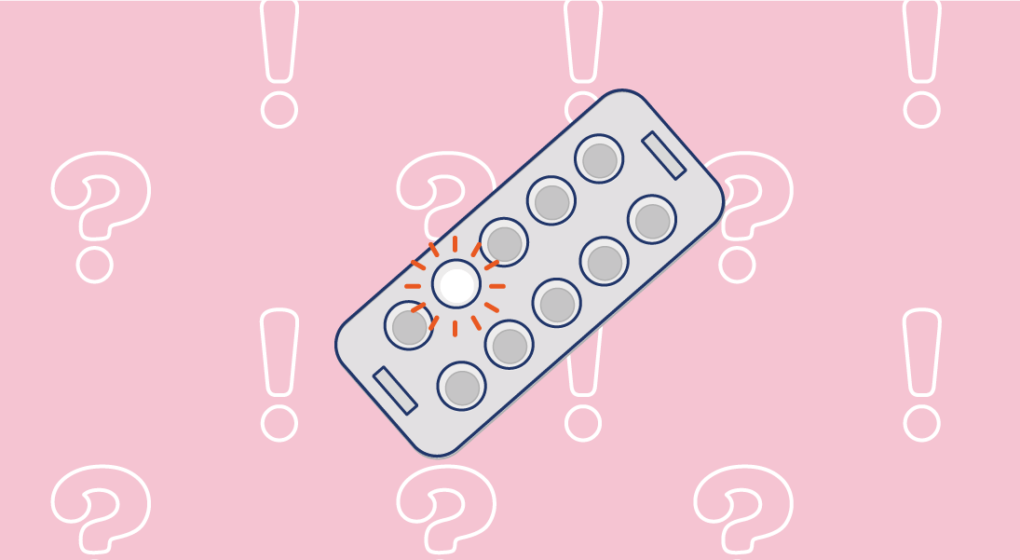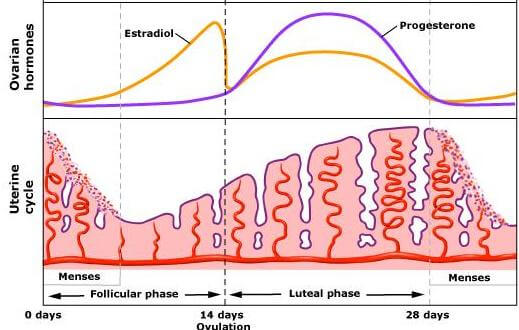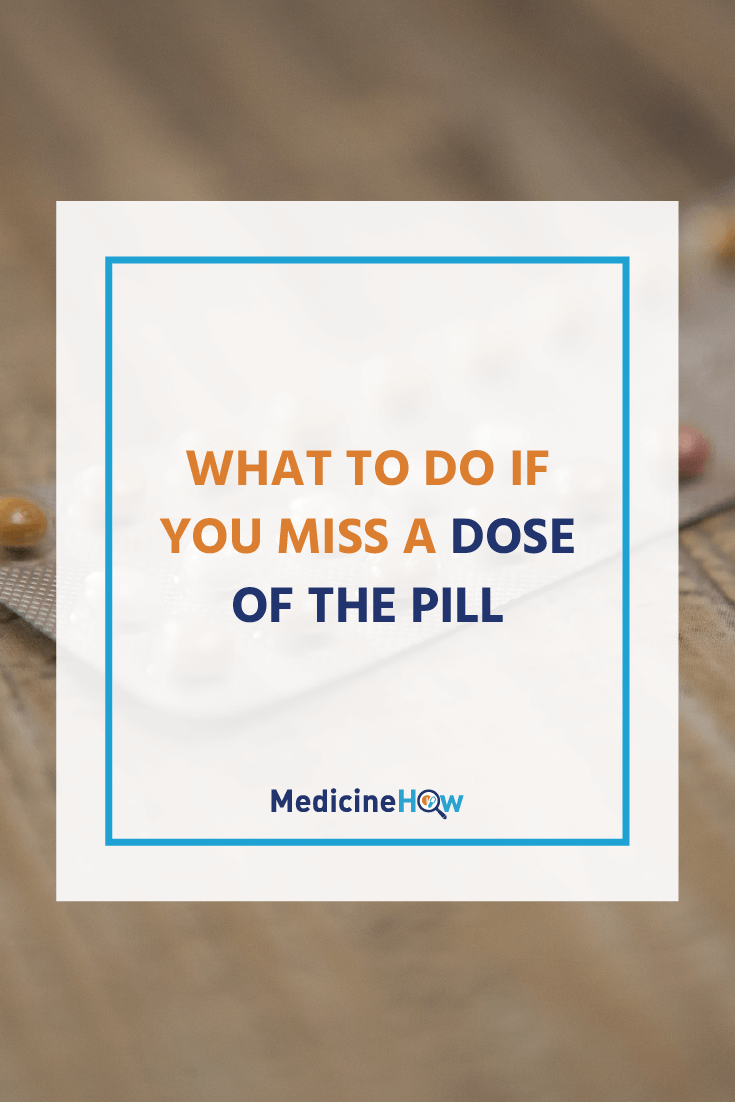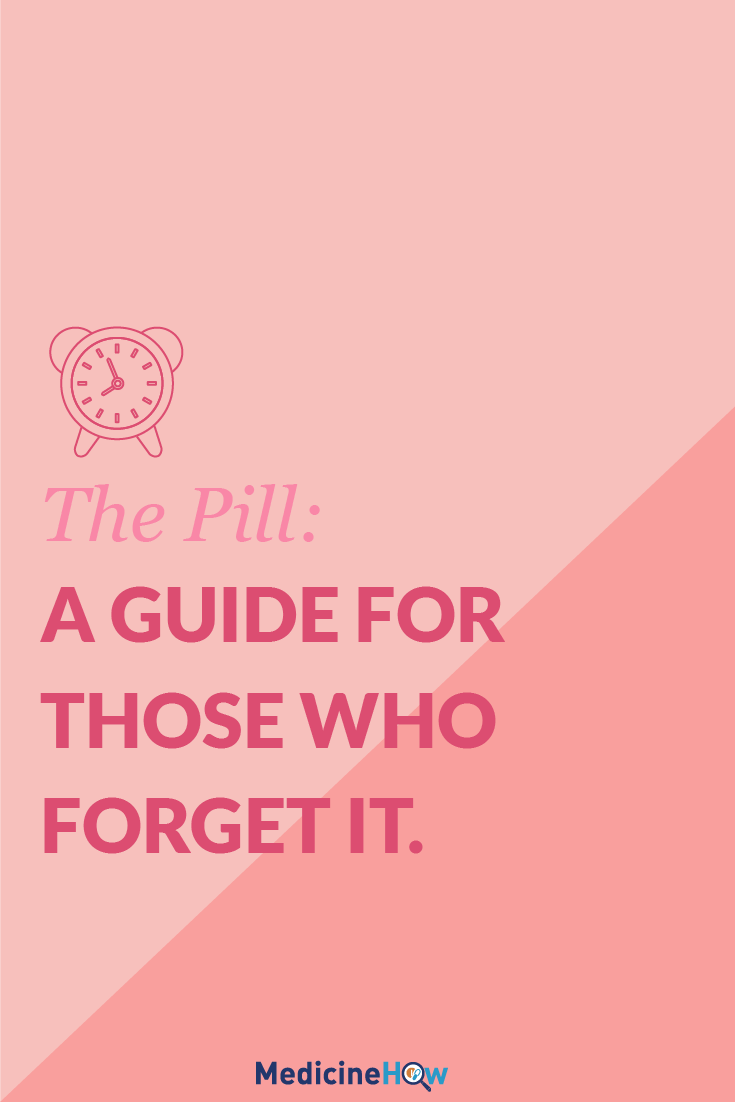
There are some things in life that are not my forte. Coordination is one. Organisation is another. Unfortunately, encompassed in this general lack of organisation skills I found yet another of my weaknesses: remembering to take the oral contraceptive pill on time.
In this, I am not alone. Although the oral contraceptive pill is 99.7% effective if used perfectly, in reality, it is only successful in preventing pregnancy 91% of the time (see this table). What can we get from this? Making mistakes with taking the oral contraceptive pill, or missing a pill, isn’t all that uncommon.
This is a little worrying, particularly when you consider the consequences. Forget it, and you could wind up spending years changing nappies and wading through the perils of childcare.
Fortunately, there is light at the end of the tunnel. The oral contraceptive pill is certainly a good start to managing fertility, and with the right information, your understanding can take you the rest of the way to near perfect efficacy.
So let’s get to it – if you stick with me to the end, there is a handy quiz with the quick answer for what to do in different situations.
The Female Menstrual Cycle
Firstly, let’s take a quick look at what usually happens to the female body throughout her menstrual cycle. This graph displays it well; we’ll go through the important parts afterwards.

The first day of the menstrual cycle is the day your period begins. At approximately 14 days it is time for ovulation, the most fertile period and when a woman is most likely to become pregnant. After this time, the endometrial lining gets thicker until the body “realises” it doesn’t need to accommodate for a baby, when the lining breaks down and the next period begins.
The hormones throughout the month, at the top of the graph, are the important part to consider as it is hormones that the oral contraceptive pill manipulates to control fertility. Notice that after ovulation (and only after ovulation) the progesterone hormone increases significantly. Estradiol (oestrogen), on the other hand, peaks during ovulation and has a smaller surge after ovulation.
How the Oral Contraceptive Pill Works
The theory behind the oral contraceptive pill is to give artificial hormones to keep the body in a post-ovulation state. We need to take a pill every day to keep the hormones at a higher stable level. In this way, the woman never has the opportunity to actually ovulate and her eggs, therefore, cannot be fertilised.
The most common oral contraceptive pills contain a form of both progesterone and estradiol, although there are also some available that only contain progesterone. For this post, will be focusing on the pill that contains both hormones, the combined oral contraceptive (COC).
Most brands of the pill contain 21 active hormone pills and 7 sugar pills. The sugar pills are there purely to help people get into the habit of taking a pill each day; it doesn’t matter if you miss one of those. When we take the sugar pills (or have a pill-free period), our body gets a break from the hormones and as the levels drop, the endometrial lining begins to break down which causes us to bleed, like having a period. This isn’t an actual period because it isn’t a normal menstrual cycle – it is just a response to the drop in hormones called a withdrawal bleed.
When we begin to take the hormone pills again, the bleeding will stop (if it hasn’t already) and the lining will become thick again, like post-ovulation and preventing the body from ever reaching the fertile ovulation state.
Miss the Pill: What happen if you skip a dose?
There are two important things to remember about how long it takes for the pill to be effective. Firstly, it takes two days for the body to notice an effect. Secondly, it takes seven hormone pills for us to be confident the pill is working properly.
Now let’s get into how this affects us on a real basis.
If we miss one hormone pill, our body still has enough hormones from previous doses to keep us covered. Our body doesn’t really notice an effect, so you’ve got a little bit of leeway. Just take the pill you forgot as soon as you remember and take the next one as usual.
When two pills are missed, however, the body “realises” that it’s not pregnant as the hormone levels begin to drop to natural levels. This is where the seven days for us to be confident it’s working properly comes in. If you’ve taken seven hormone pills before missing the two doses, your body likely has sufficient hormone levels to prevent pregnancy. Due to the decrease of hormones in the pills you missed, you also need to take seven hormone pills after the missed doses to be confident it will work, even if you need to skip the sugar pills (or pill-free period) to do so.
Essentially, if you miss two pills in a row, you need to have taken seven hormone pills before missing them and you need to take seven hormone pills after missing them.
So let’s put it all together. Just follow the questions to find out your best course of action – hopefully, you can understand why based on what we’ve been through so far.
 The information used to compile this quiz was taken Community Pharmacy by Rutter and Newby and ShineSA resources.
The information used to compile this quiz was taken Community Pharmacy by Rutter and Newby and ShineSA resources.
Tips for remembering to take the pill on time, every time.
Now, it’s all well and good to know what to do if you missed a pill, but to avoid all of these dramas entirely there’s one easy solution: remember to take your pill on time, every time. Easier said than done, it is true, but there is certainly no harm in trying.
Here are a few ways that might help you to be more consistent in taking the pill:
- Get into a routine. Taking the pill at the same time each day is not only beneficial for maintaining stable hormone levels, but also to help you remember to take it as a normal part of your day.
- Incorporate it into your typical day. If you usually like to drink a cup of tea every morning with breakfast, for example, make a habit of taking the pill at the same time.
- Fit it into the day where it works best for you. Most people like to take it in the morning, so that if they forget they can take it a few hours later. But if taking it at night before you brush your teeth works best for you, by all means do it.
- Keep the pack of pills with you. It is a good backup option to have the pack with you so that if you forget, you can make up the dose no matter where you are.
- Make reminders. Whether ticking off the days on your calendar/diary or making a daily reminder on your phone works best for you, both are effective in helping you to stay on track.
More information on remembering to take the pill here. For more about the oral contraceptive pill used in this post, click here.
Pin it!




